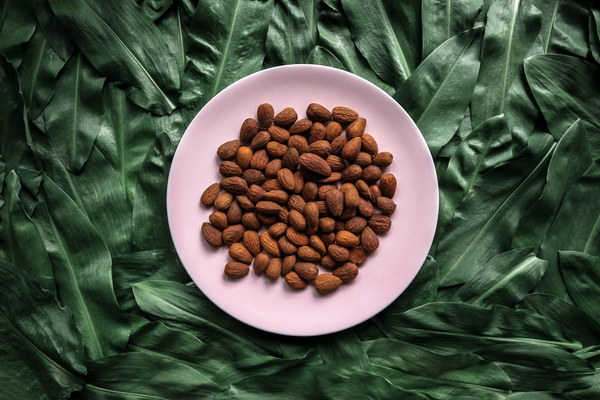Revitalize Your Health with Ancient Chinese Herbs A Guide to Traditional Medicinal Soup Remedies
In the realm of holistic wellness, traditional Chinese medicine (TCM) stands as a beacon of ancient wisdom, offering natural remedies that have been passed down through generations. One of the most cherished aspects of TCM is the art of medicinal soup making, which combines the healing properties of various herbs and ingredients to nourish the body and mind. This article delves into the world of medicinal soup remedies, offering a guide to creating your own health-boosting elixirs.
Understanding the Fundamentals of Medicinal Soup

Medicinal soup, or yaoshen in Chinese, is a staple in TCM, believed to restore balance and vitality to the body. These soups are crafted with specific herbs and ingredients that target specific imbalances, such as a cold constitution, weakness, or digestive issues. The key to a successful medicinal soup lies in understanding the principles of yin and yang, the five elements (wood, fire, earth, metal, and water), and the concept of Qi (vital energy).
Common Ingredients in Medicinal Soups
1. Ginseng: Known for its immune-boosting properties, ginseng is a popular herb in medicinal soups, particularly for those with fatigue or weakness.
2. Goji Berries: These antioxidant-rich berries are believed to enhance longevity and improve vision.
3. Astragalus Root: A staple in TCM, astragalus is used to strengthen the immune system and improve overall vitality.
4. Chuanxiong: This herb is known for its ability to promote blood circulation and alleviate pain.
5. Cinnamon: Cinnamon is not only a flavorful spice but also has warming properties that can aid digestion and reduce inflammation.
6. Dried Dates: Often added for their sweetness and nourishing qualities, dried dates can help improve blood circulation and support the heart.
Creating Your Medicinal Soup
To create a medicinal soup, follow these steps:
1. Select Your Ingredients: Choose herbs and ingredients that address your specific health concerns or constitutional imbalances. Consult a TCM practitioner for personalized recommendations.
2. Prepare the Herbs: Wash the herbs thoroughly and remove any dirt or debris. For roots and bark, it is advisable to cut them into smaller pieces to enhance extraction.
3. Cooking the Soup: Place the herbs in a pot, cover them with water, and bring to a boil. Reduce the heat and simmer for several hours, depending on the type of herb used. It is important to note that some herbs require longer cooking times than others.
4. Add Additional Ingredients: Once the main herbs have infused the water, add any additional ingredients such as dried fruits, meats, or bones. Continue to simmer until all ingredients are tender.
5. Seasoning: Adjust the seasoning with salt, ginger, or other spices as desired. Remember that the taste of a medicinal soup should be palatable, as the focus is on the therapeutic benefits rather than the flavor.
6. Strain and Serve: Once the soup has finished cooking, strain it to remove the herbs and serve. Consume the soup while it is still warm to maximize the therapeutic effects.
Benefits of Medicinal Soup
The benefits of medicinal soup are numerous, including:
- Boosting the Immune System: Many herbs used in medicinal soups have immune-boosting properties, making them ideal for preventing and treating colds and flu.
- Promoting Digestive Health: Ingredients such as cinnamon and dried dates can help improve digestion and alleviate symptoms of indigestion.
- Enhancing Energy Levels: Herbs like ginseng and astragalus can provide a natural energy boost, leaving you feeling more vital and energetic.
- Supporting Organ Function: Medicinal soups can help support the function of various organs, such as the liver, kidneys, and heart.
In conclusion, medicinal soup is a powerful tool in the realm of traditional Chinese medicine. By understanding the principles behind these soups and incorporating them into your wellness routine, you can experience the rejuvenating benefits of ancient herbal wisdom. Always consult with a qualified TCM practitioner for personalized advice and ensure that the herbs you use are safe and appropriate for your specific health needs.









